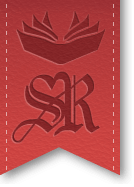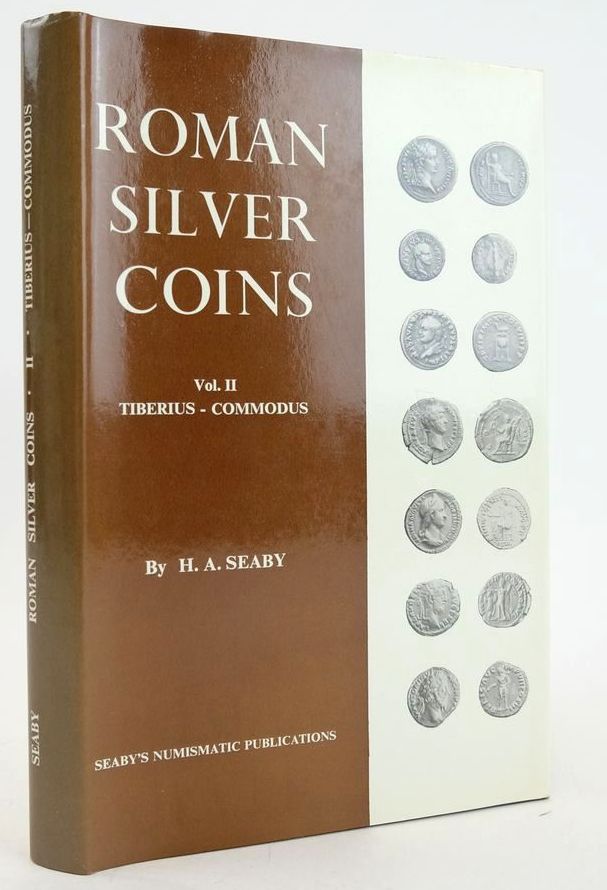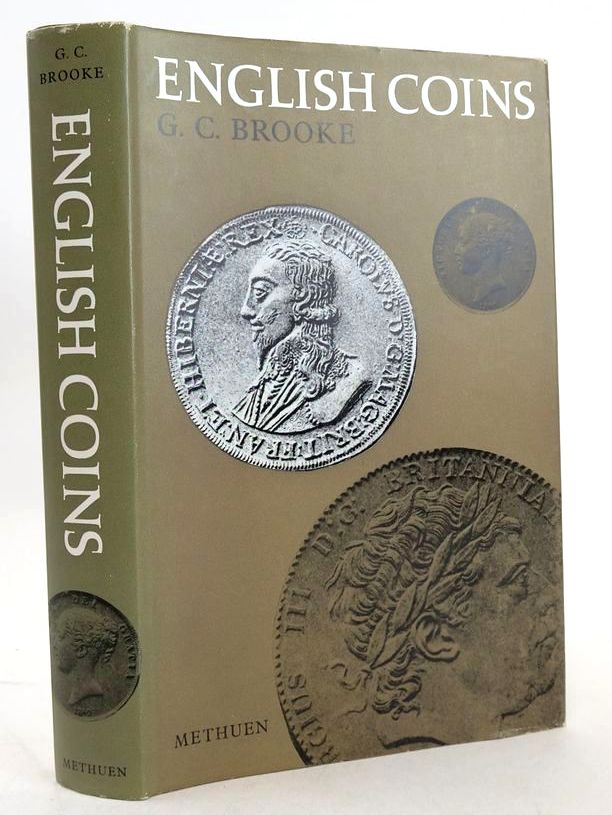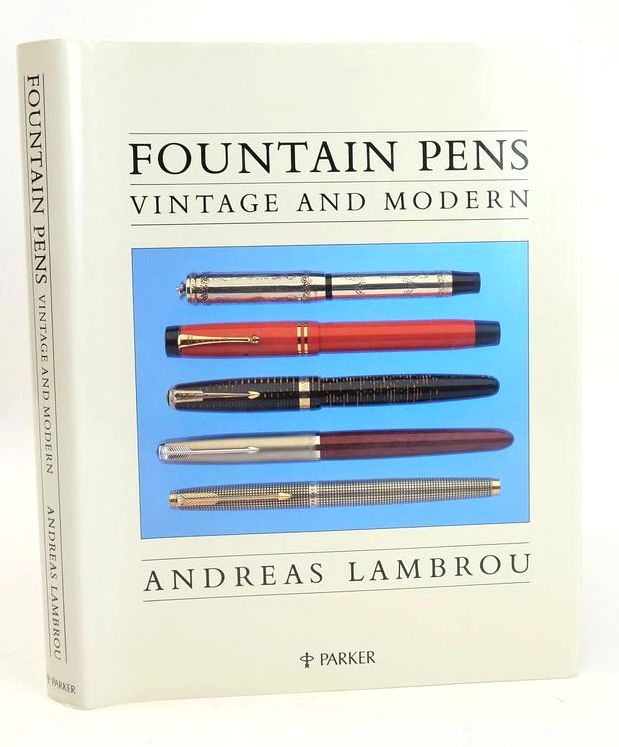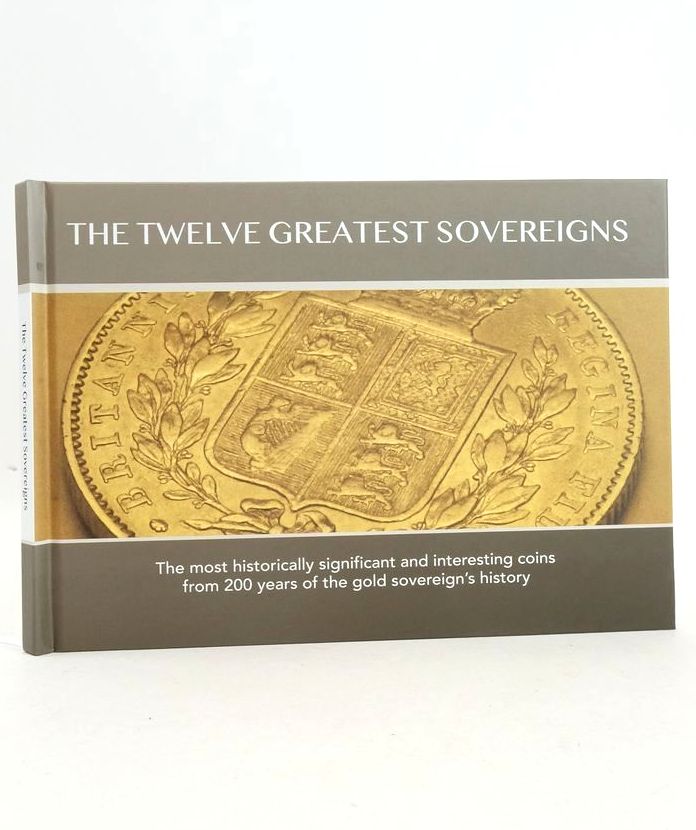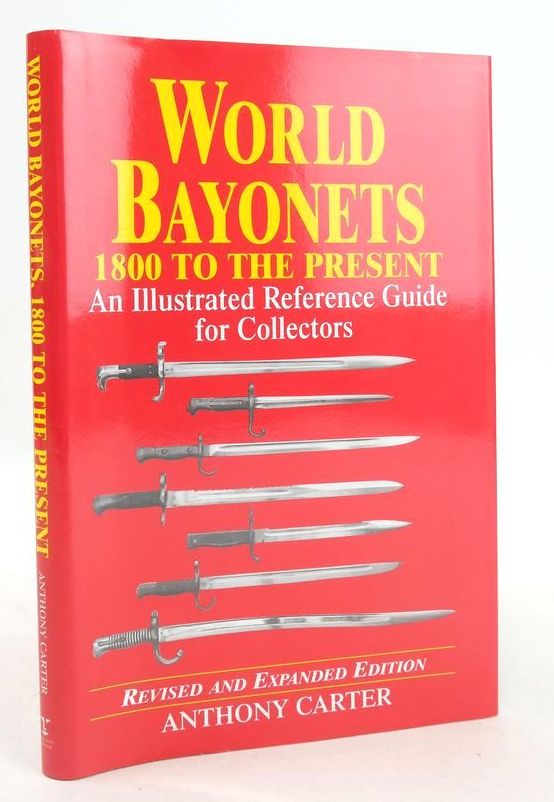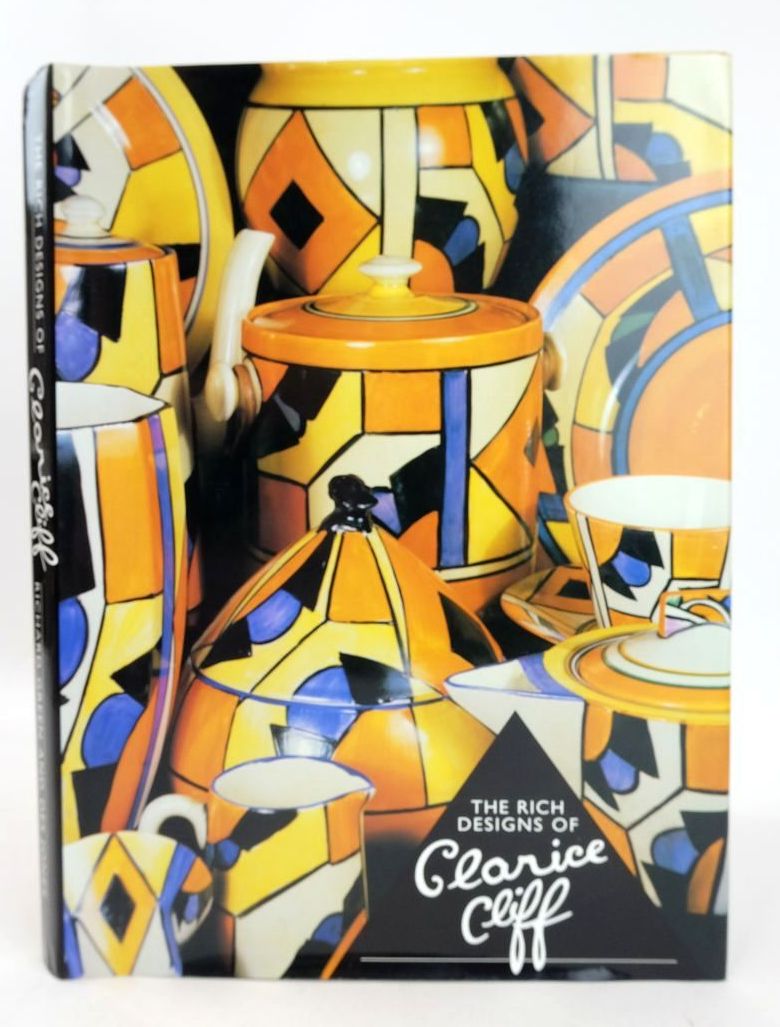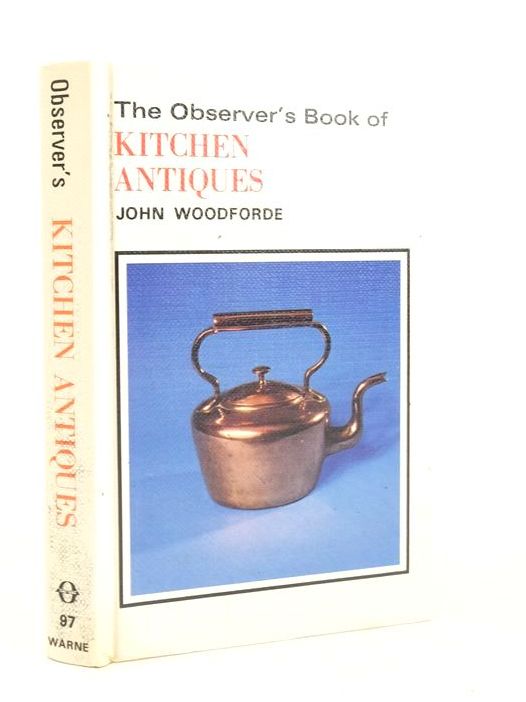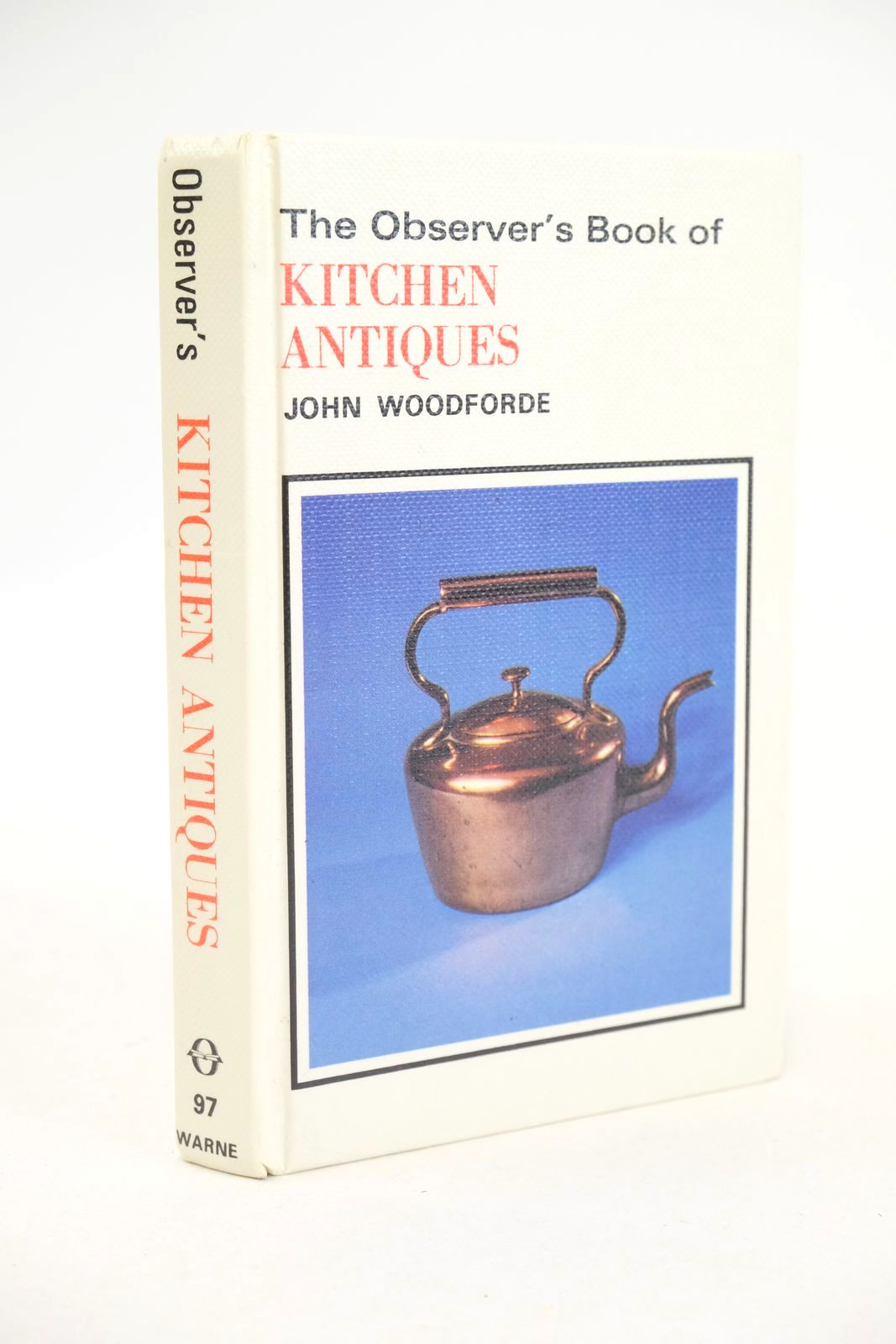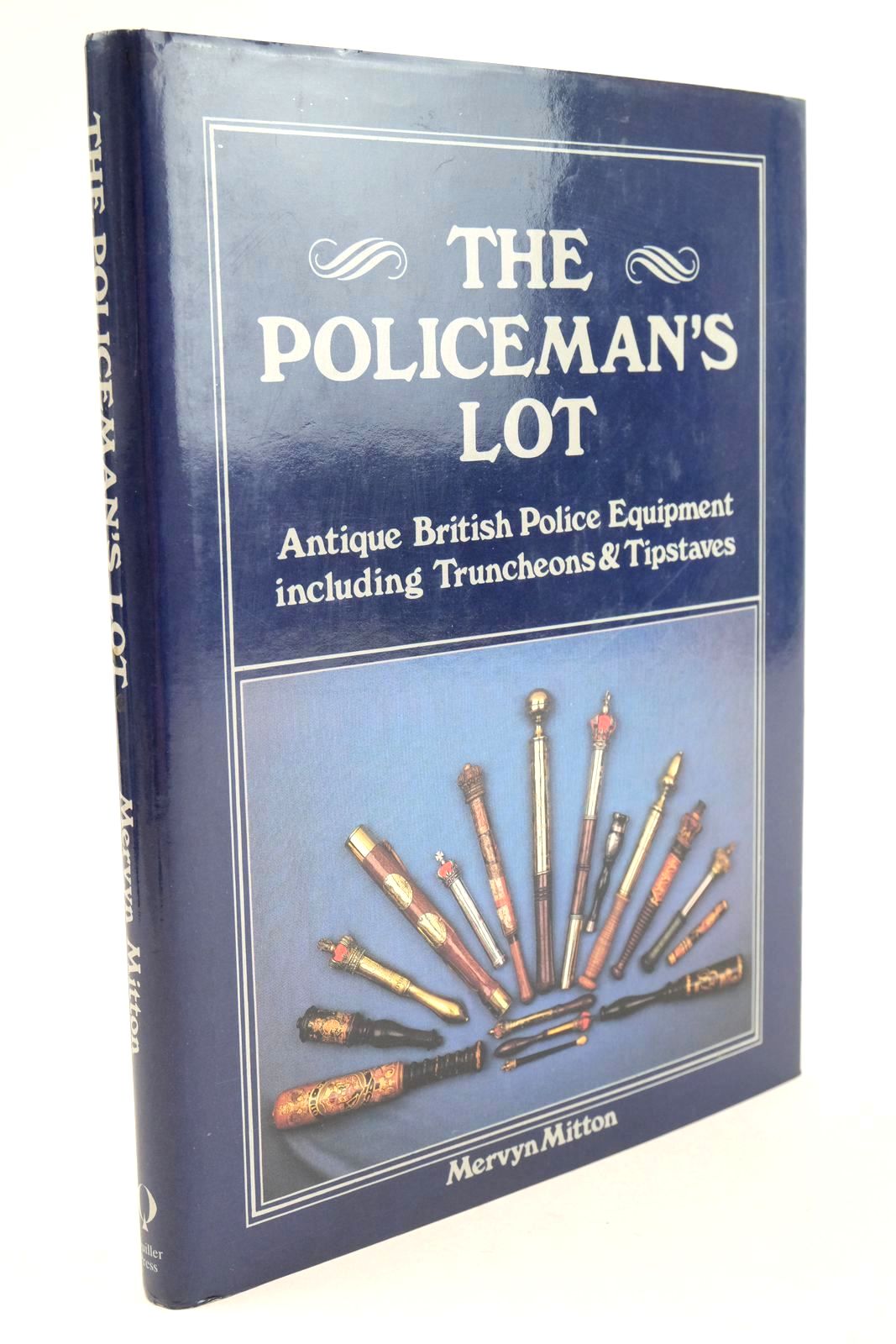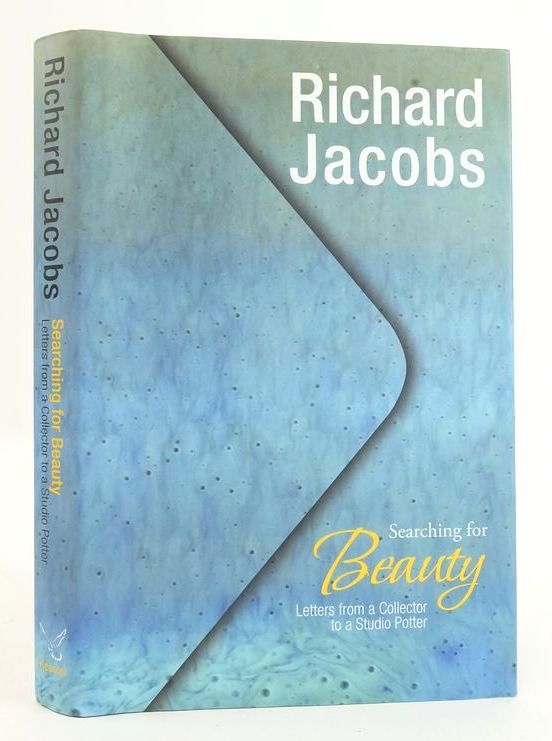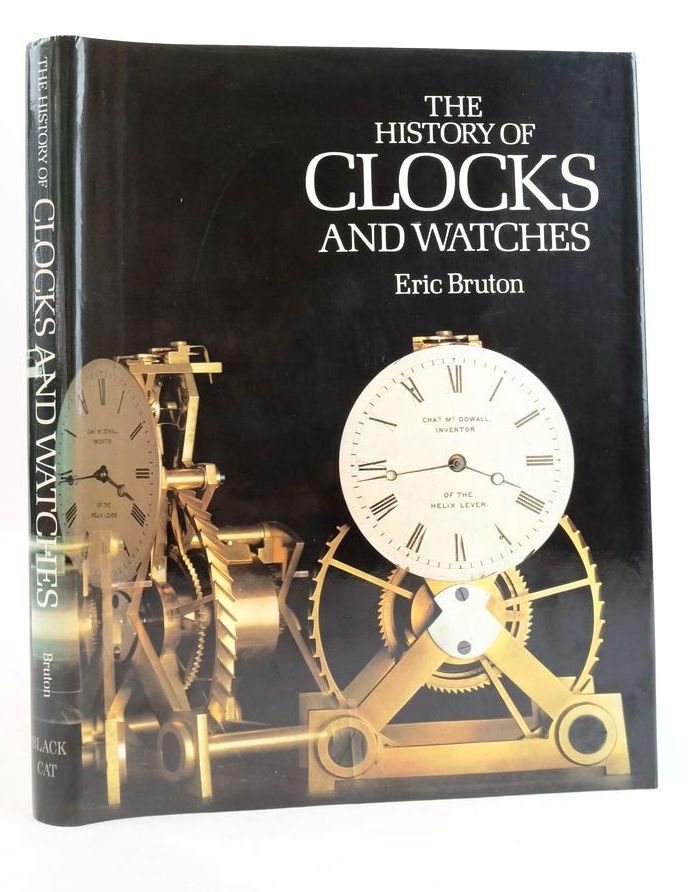Collecting
 What is a collection and what makes a collector collect?
What is a collection and what makes a collector collect?
One dictionary definition of collecting is "the act of gathering things together" and a collection is defined as "a set of objects collected for their interest, value, or beauty". The desire to collect seems to be something that is built into us, an intrinsic part of being human. We all collect something even though we may not view ourselves as collectors (Don't believe me? What about that collection of shoes in the cupboard, or suits in the wardrobe, or CDs in the rack?)
 Me - I collect children's books and teddy bears. Why? Because I like them. But is that really a good enough reason for collectingthem? I like lots of things but I don't collect everything I like. So how did my collections begin?
Me - I collect children's books and teddy bears. Why? Because I like them. But is that really a good enough reason for collectingthem? I like lots of things but I don't collect everything I like. So how did my collections begin?
Let's take children's books first. It all started with a trip to the Lake District and a visit to Beatrix Potter's farm, Hilltop. Here you could see the garden that Jemima Puddle-duckwandered through, you could peer up into the huge kitchen range as Tom Kittenhad done and the view from the window was that depicted in The Tale Of Samuel Whiskers. Now I loved these little books as a child and it was wonderful to see them come to life in this way. I suddenly had an urge to own them and look through them once more. I was about to purchase a modern boxed set of The Tales when my husband Cliff said 'If you want the books why don't you collect the first editions?' Well, this had never occurred to me; firstly because I thought I would never find them and secondly, if I did, I wouldn't be able to afford to buy them. But Cliff persuaded me that it would be good fun to try. And so a collector was born.
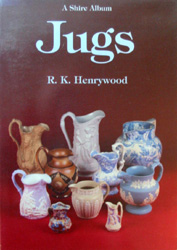 It was such fun to go into every secondhand bookshop we came across to see if they had any first editions of the little books and I learned so much about how to identify the various editions and printings. So now I am the proud owner of a set of first edition Beatrix Potter Tales (as well as the Painting Books, the Miniature Libraries, bookmarks, money boxes, Peter Rabbit Bookshelf, Potter biographies, facsimile and special editions etc. etc... )
It was such fun to go into every secondhand bookshop we came across to see if they had any first editions of the little books and I learned so much about how to identify the various editions and printings. So now I am the proud owner of a set of first edition Beatrix Potter Tales (as well as the Painting Books, the Miniature Libraries, bookmarks, money boxes, Peter Rabbit Bookshelf, Potter biographies, facsimile and special editions etc. etc... )
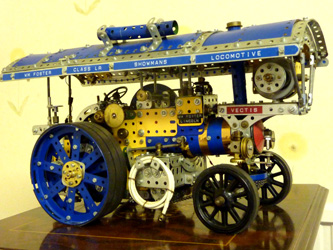 You see how collecting grabs you? Once you start it's very difficult to stop! And many people become collectors simply by accident - you like something, you tell others you like something. That then becomes the obvious gift for others to buy you for birthdays and Christmas and suddenly you are a collector with a collection! Which is exactly how my mother came to own a collection of owls and Cliff's mother became a collector of ducks (of the ornamental kind, not the feathered variety!)
You see how collecting grabs you? Once you start it's very difficult to stop! And many people become collectors simply by accident - you like something, you tell others you like something. That then becomes the obvious gift for others to buy you for birthdays and Christmas and suddenly you are a collector with a collection! Which is exactly how my mother came to own a collection of owls and Cliff's mother became a collector of ducks (of the ornamental kind, not the feathered variety!)
Children are great collectors. Amongst other things our children collected (and argued over) stickers, novelty pencil erasers, stamps, empty TicTac boxes and even the pictorial wrappers you find on sugar cubes in cafes in France. Our younger daughter wanted to collect the dead things she found on the beach but we drew the line at that - with such an interest in dead things maybe she should have become a pathologist instead of a bookseller!
 As a young lad Cliff's hobby was train spotting. Along with every other boy of his age he would visit all the local (and not so local) railway stations and write down the numbers of every train he saw. Then when he got home he would take out his Ian Allan ABC train book (Combined Volume) and carefully underline every number he had seen - oh what joy when a full page was underlined! But Cliff was a true collector - not only did he collect train numbers, he also collected the numbers of the Plymouth Corporation buses and dustcarts! Then there is his collection of leaflets, brochures and guide books - which he still adds to from time to time. Before the advent of inexpensive photography this was an excellent way of remembering the places he'd visited and the things he'd seen and done. Today he collects Meccano - a hobby he had as a child and which he still enjoys.
As a young lad Cliff's hobby was train spotting. Along with every other boy of his age he would visit all the local (and not so local) railway stations and write down the numbers of every train he saw. Then when he got home he would take out his Ian Allan ABC train book (Combined Volume) and carefully underline every number he had seen - oh what joy when a full page was underlined! But Cliff was a true collector - not only did he collect train numbers, he also collected the numbers of the Plymouth Corporation buses and dustcarts! Then there is his collection of leaflets, brochures and guide books - which he still adds to from time to time. Before the advent of inexpensive photography this was an excellent way of remembering the places he'd visited and the things he'd seen and done. Today he collects Meccano - a hobby he had as a child and which he still enjoys.
 As a child I had scrapbooks full of beautiful pictures I'd cut carefully fromChristmas and birthday cards. The Victorians were very fond of keeping scrap books and the advice on How To Keep A Scrap Book from "Some Hobby Horses" written by C.A. Montresor in 1888 is as true today as it was then: "If you are fond of 'collecting' you will learn patience. Of course, you will not get valuable prints given to you every day; but at least you can take care to put in only what you would really like to to keep, and never allow rubbish for the sake of 'filling up' "
As a child I had scrapbooks full of beautiful pictures I'd cut carefully fromChristmas and birthday cards. The Victorians were very fond of keeping scrap books and the advice on How To Keep A Scrap Book from "Some Hobby Horses" written by C.A. Montresor in 1888 is as true today as it was then: "If you are fond of 'collecting' you will learn patience. Of course, you will not get valuable prints given to you every day; but at least you can take care to put in only what you would really like to to keep, and never allow rubbish for the sake of 'filling up' "
I collected the toys that were given away with cereal packets - I remember the thrill of excitement as I poured the cereal into my bowl - what toy would it be? Did I already have it? (in which case I would use it to swap for one from a friend's collection) or is it a new one to add to my collection?
 As a teenager my scrapbooks contained hundreds of newspaper cuttings and photographs of my favourite pop stars, all carefully pasted in, in chronological order. I also collected the cartoon strips of The Perishers from the Daily Mirror newspaper. I can remember the characters even now - Marlon, Maisie, Wellington and Boot the dog - they made me laugh so much.
As a teenager my scrapbooks contained hundreds of newspaper cuttings and photographs of my favourite pop stars, all carefully pasted in, in chronological order. I also collected the cartoon strips of The Perishers from the Daily Mirror newspaper. I can remember the characters even now - Marlon, Maisie, Wellington and Boot the dog - they made me laugh so much.
Perhaps that is the best reason for collecting - the pleasure that you gain, both from creating your collection and then later from just looking at and handling the objects you've collected.
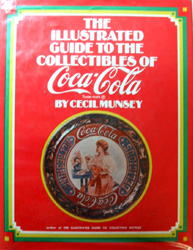 But - there is a danger - if your collecting becomes an obsession then you may turn into a hoarder! What is the difference? Geralin Thomas, founder of Metropolitan Organizing, explains... 'Collectors and hoarders actually lie on opposite sides of a single prism. Collectors value and categorize their belongings, often showcasing them in display cases or archives. Hoarders often lump things together without the benefit of system or sequence. Collectors often carry great pride in their treasures, and delight in exhibiting them to any interested party. Hoarders are often embarrassed and hide their belongings from co-workers, neighbors and even repairmen. Collectors are usually able to classify, quantify and articulate their exact knowledge of the various items in their collection. Hoarders will assign inflated values to arbitrary things based primarily on sentiment. Collectors house their collectibles in specific environments, and often find joy or contentment in the company of their treasure. Hoarders harbor little rhyme or reason within the muddle of their mess. Exquisite jewels might be kept with worn socks, rare books in a dirty dog kennel, or cherished photographs among old and slowly decaying magazines.'
But - there is a danger - if your collecting becomes an obsession then you may turn into a hoarder! What is the difference? Geralin Thomas, founder of Metropolitan Organizing, explains... 'Collectors and hoarders actually lie on opposite sides of a single prism. Collectors value and categorize their belongings, often showcasing them in display cases or archives. Hoarders often lump things together without the benefit of system or sequence. Collectors often carry great pride in their treasures, and delight in exhibiting them to any interested party. Hoarders are often embarrassed and hide their belongings from co-workers, neighbors and even repairmen. Collectors are usually able to classify, quantify and articulate their exact knowledge of the various items in their collection. Hoarders will assign inflated values to arbitrary things based primarily on sentiment. Collectors house their collectibles in specific environments, and often find joy or contentment in the company of their treasure. Hoarders harbor little rhyme or reason within the muddle of their mess. Exquisite jewels might be kept with worn socks, rare books in a dirty dog kennel, or cherished photographs among old and slowly decaying magazines.'
So we see that a most important part of collecting (as opposed to hoarding) is to create a catalogue of the items in your collection. All collections are valuable to the collector but if your collection has significant monetary value then cataloguing is vital. Should you decide to sell your collection at some point you will know the value of your collection and a would-be purchaser will be able to see exactly what you have from the catalogue.
The size of your collection should be determined by the amount of space you have available (if it doesn't you are in danger of becoming a hoarder!) For example, an acquaintance of ours collects radios and radiograms, everything from old valve radios to the latest Wallace and Gromit clock radio! As you can imagine, these take up a vast amount of space. However not all collections consist of objects as we saw from Cliff's train spotting - his collection was simply a list of numbers.

The oddest collection we have ever come across was that of a gentleman we met while on holiday in France . He collected the numbers from electricity pylons and he had albums full of pictures of every pylon he had "spotted"! Needless to say most of them looked exactly the same to us! Other oddities include the collection of electrical insulators from electricity pylons (which strangely enough look very pretty when displayed side by side), the collection of every printing of Winnie-The-Pooh (apart from the printing date the books are exactly the same), the collection of every "thousandth" edition of Alice In Wonderland (again the books are exactly the same except for the number on the title page denoting how many "thousandths" have been printed). And the one I remember most vividly: when I was a child I was looking for stamps in our old house and opened a drawer to find - dozens of glass eyes staring up at me! What a fright! I never went near that drawer again. How was I to know that Grandad was a collector of glass eyes!
Oh I almost forgot - my teddy bear collection. Why do I collect teddy bears? Because I like them, they are cute and cuddly and just looking at them gives me a great deal of pleasure - and that is a good enough reason to collect anything.
Contributed by Chris Tomaszewski
Article by Geralin Thomas can be found at http://tinyurl.com/l3vrst
(Published 17th Sep 2014)
